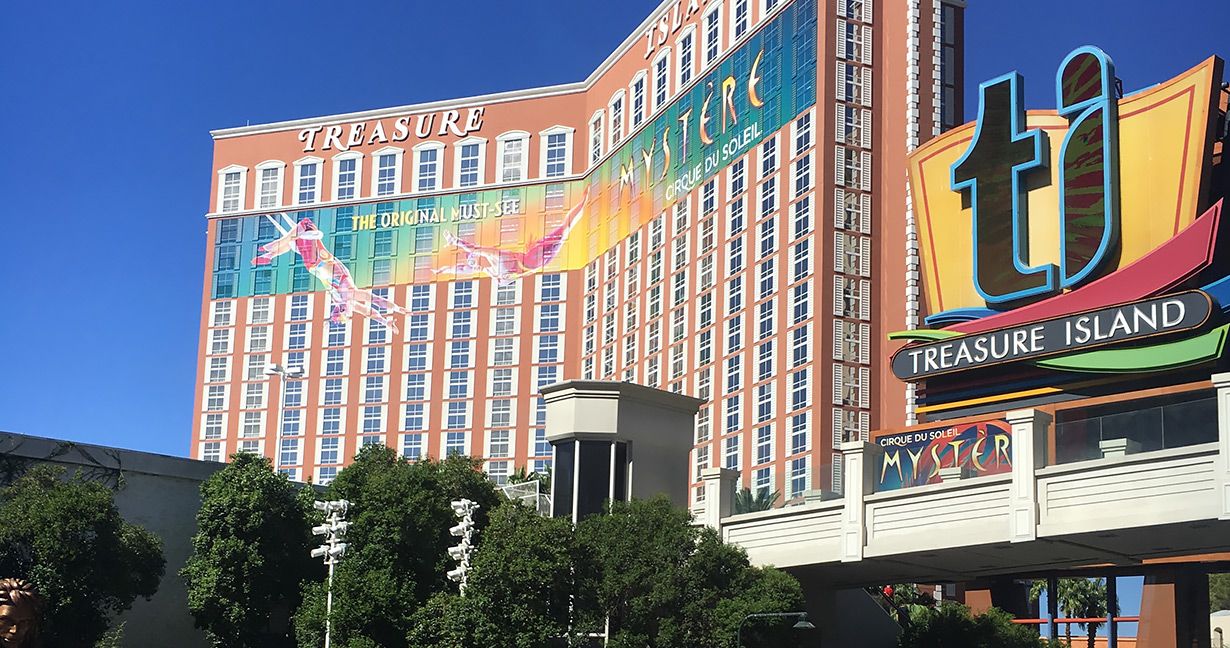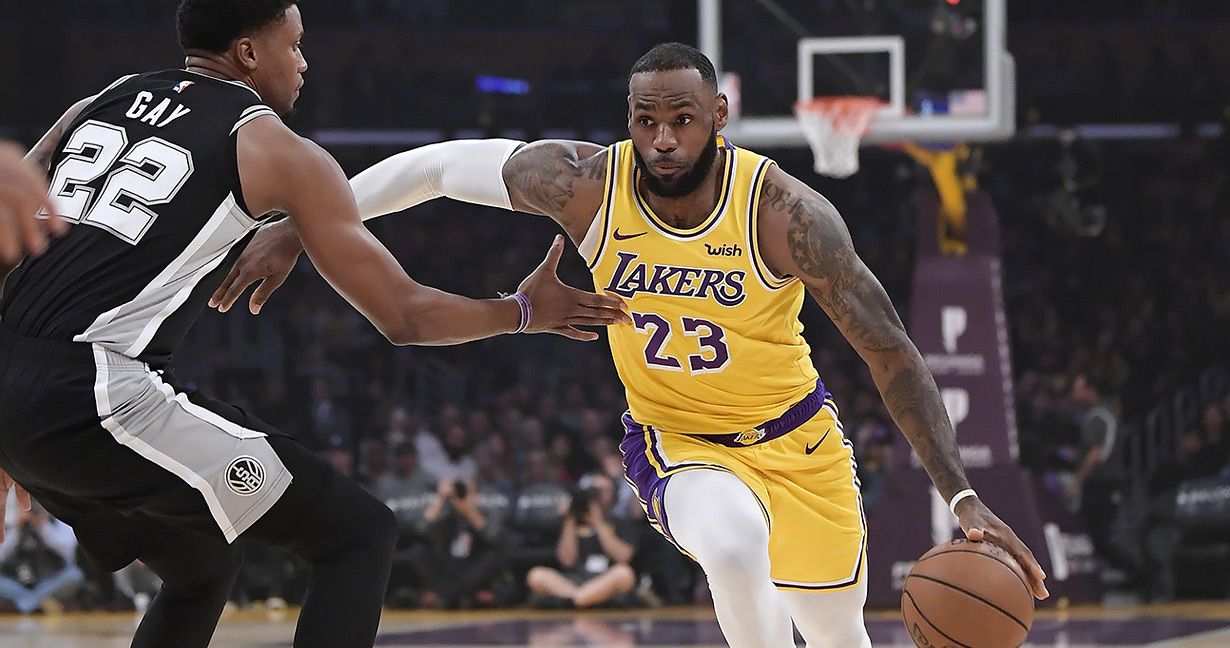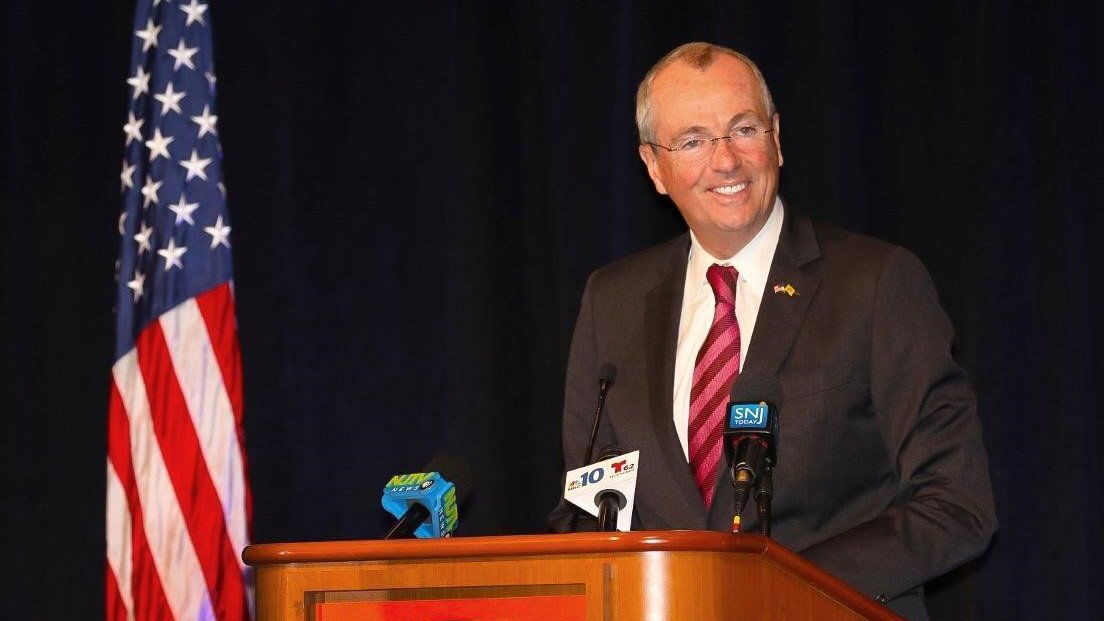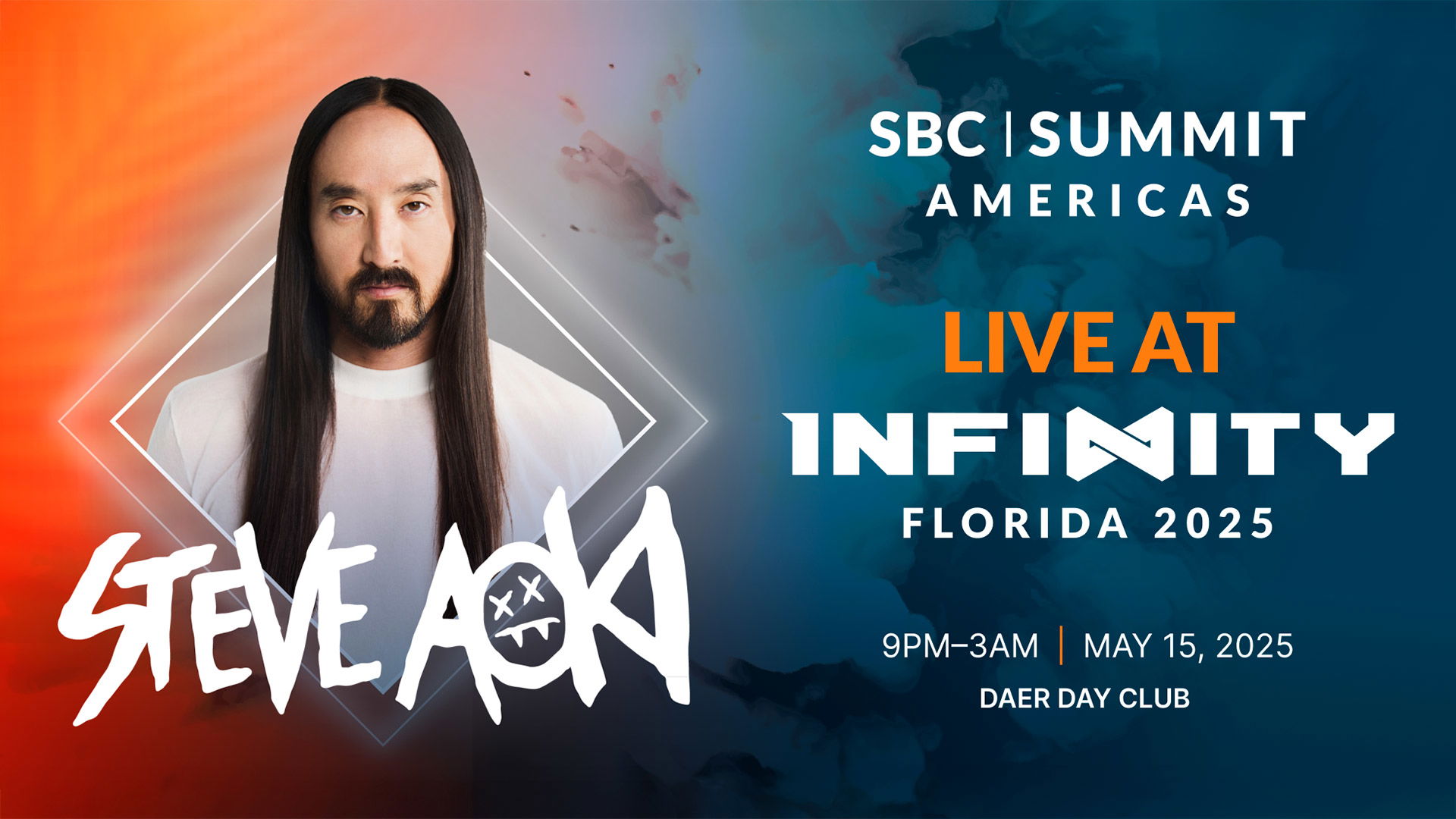Virginia: Richmond voters to decide on $562M casino proposal today
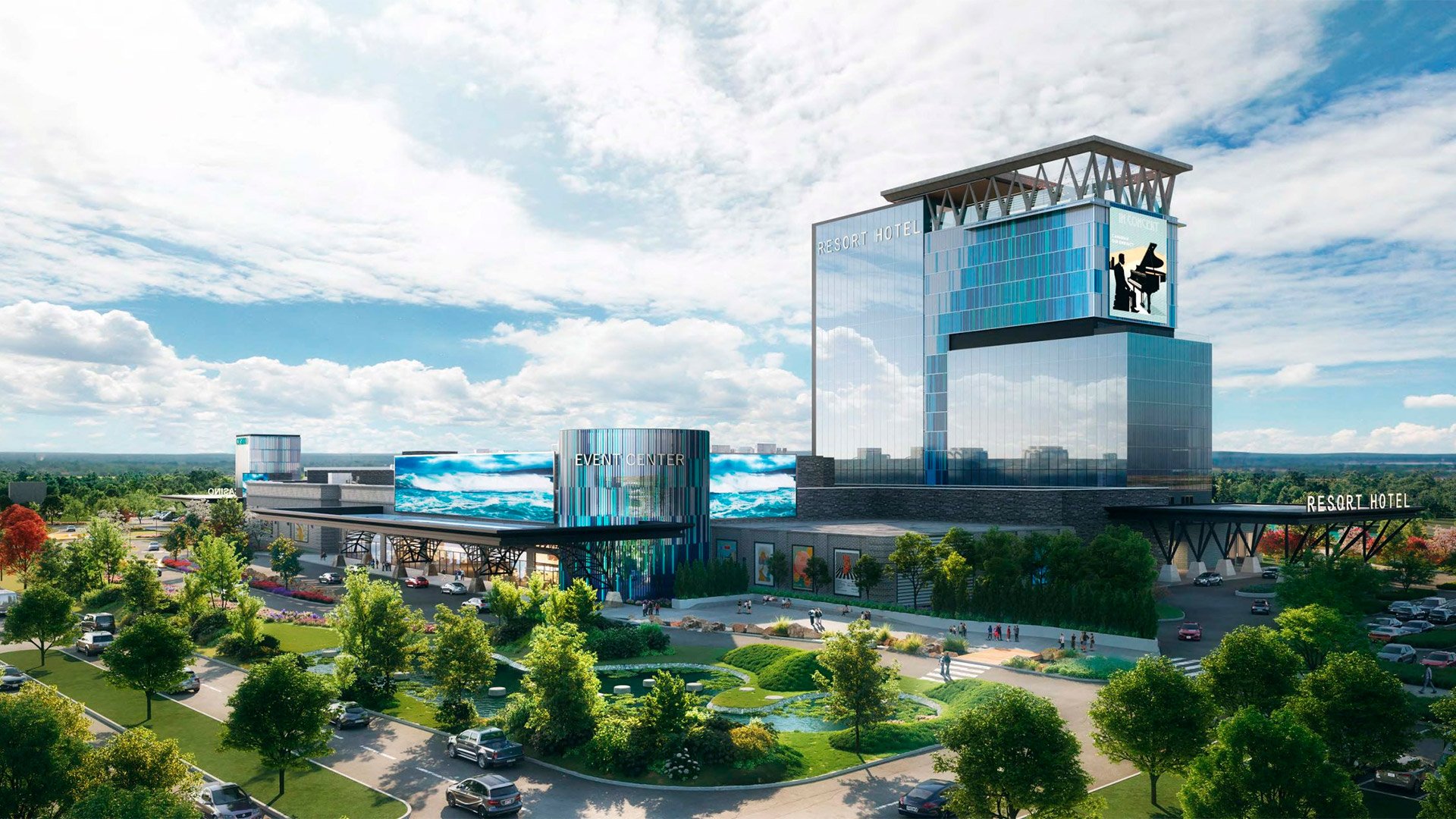
The fate of the proposed $562 million Richmond Grand Resort and Casino in Virginia will be decided today, as residents in Virginia's capital city are voting Tuesday on whether the project can move forward. This is the second time Richmonders cast their votes on the issue after the city narrowly rejected the proposal two years ago.
Following the negative vote result, the developers returned with a retooled proposal and invested around $10 million into a pro-casino campaign aimed at building support for the project, which has the backing of Mayor Levar Stoney and major area business groups.
The proposal also faced a lesser-funded but organized opposition effort. Many of the anti-casino signs that dotted the city in recent weeks have emphasized the fact that the city already said “no” once before.

The proposed casino would be located in South Richmond at 2001 Walmsley Blvd. and 4700 Trenton Ave. off of Interstate 95. The project will be a joint venture between Urban One, a black-owned media company; and horse racing and gaming company Churchill Downs. It could also include local investors if the referendum passes.
The project calls for 250 hotel rooms; resort-style amenities such as a luxury spa, fitness center, outdoor pool, and cabanas; a 55-acre park for events; a high-end gaming floor with card games, slot machines, poker, blackjack, and craps; and a 3,000-seat concert venue.
The resort will also feature fine dining options including local restaurants, breweries, and suppliers from Richmond’s food scene; film and audio production facilities; and event space for conventions, sporting events, trade associations, and faith communities
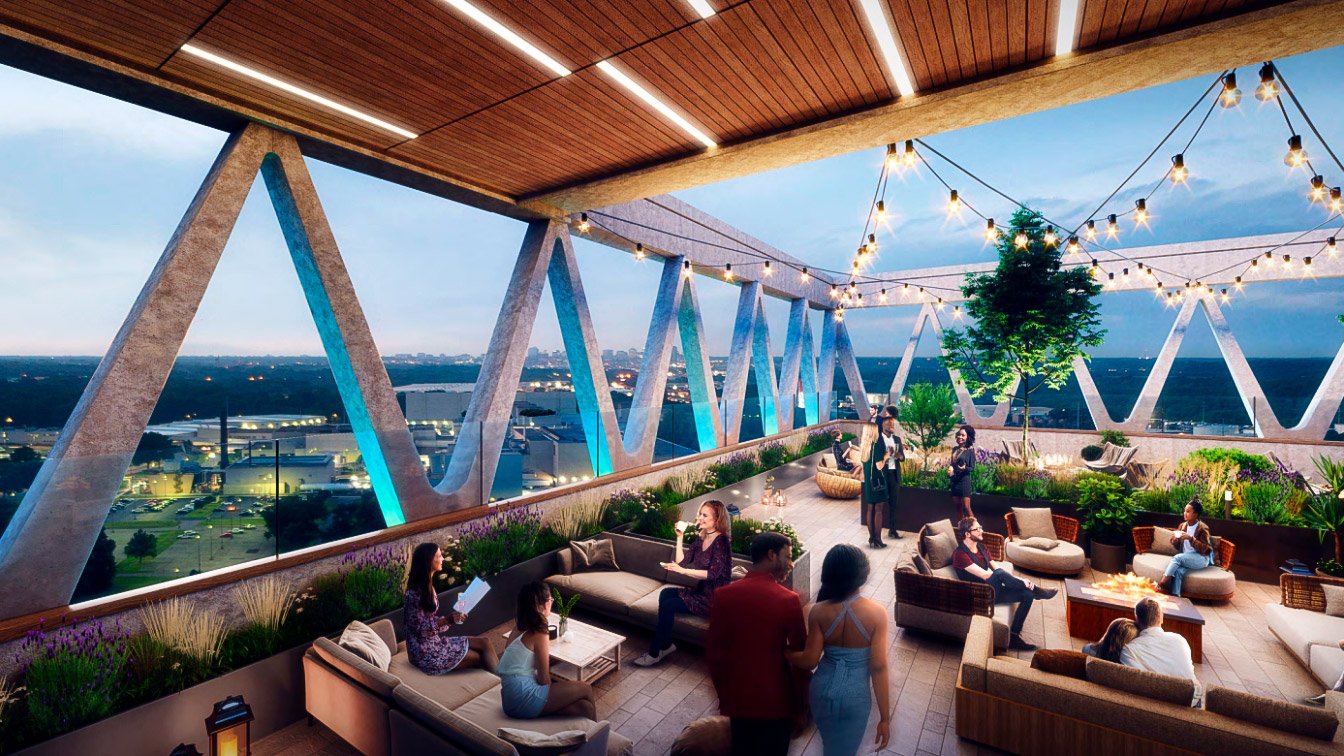
The proposed casino project is anticipated to bring about 1,300 jobs to the region that "average $55,000 in annual compensation and benefits" and "thousands of union jobs during construction."
Other estimates of what the project could bring, according to supporters, include $30 million in tax revenue annually, an immediate investment of $26.5 million in the City of Richmond, $16 million in charitable contributions over the course of 10 years, 225.000 tourists each year, $325,000 investment in equitable transit options annually, $25 million in free advertising over the course of 10 years, and $50 million in television, film, and audio production over the course of 10 years.
The developers have said they are not seeking any publicly funded incentives or tax breaks, and city officials have said some of the revenue would be used to help promote affordable child care.
The project has garnered support from business and labor organizations, some of the city’s faith leaders, leading civil rights groups and the editorial board of Richmond’s independent weekly newspaper focused on the black community. However, opponents have raised an array of concerns, including an argument that casinos will extract wealth from the working class and exacerbate problem gambling.
In 2020, Virginia politicians opened the door to casinos by approving legislation allowing five to be built around the state if the projects first secured voter approval. Richmond was among five Virginia cities that were included in the new legislation. Of the five cities, Richmond was the only one where voters rejected a casino project when it was first put on the ballot.




